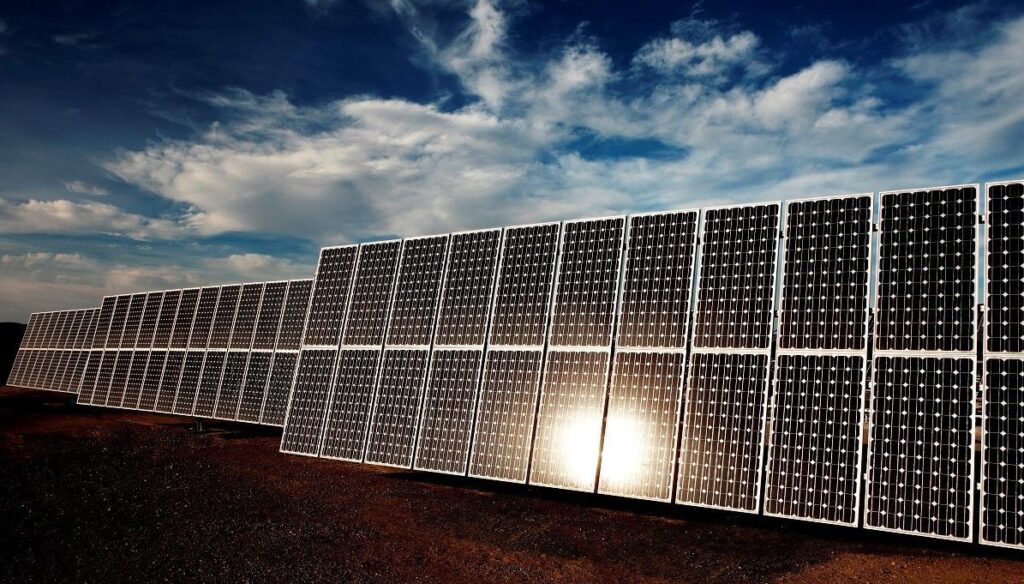The service life of solar panels, also known as photovoltaic (PV) modules, is influenced by various factors. Generally, solar panels are designed to have a long operational lifespan. Here are some factors that can affect the service life of solar panels.
- Manufacturer Quality: The quality of the solar panels plays a significant role in their longevity. Reputable manufacturers often produce panels with higher-quality materials and better construction, leading to a longer lifespan.
- Material Quality: The quality of the materials used in the solar panels, including the solar cells, backsheet, frame, and encapsulant, can impact their durability. High-quality materials are less prone to degradation over time.
- Environmental Factors:
- Temperature: High temperatures can contribute to the degradation of solar panels over time. Most solar panels are designed to withstand a range of temperatures, but prolonged exposure to extreme heat can affect performance.
- Humidity and Moisture: Moisture ingress can damage the internal components of solar panels. Quality manufacturing processes and materials help prevent moisture-related issues.
- Wind and Hail: Solar panels are typically tested for wind and hail resistance. Proper installation and adherence to building codes can help ensure that panels are secure and protected from physical damage.
- UV Radiation: Solar panels are exposed to sunlight, and prolonged exposure to ultraviolet (UV) radiation can cause some degradation of materials over time. However, solar panels are designed to withstand the effects of UV radiation.
- Mechanical Stress: Physical stress on solar panels, such as excessive bending or pressure, can impact their performance and longevity. Proper handling and installation are crucial to prevent mechanical damage.
- PID (Potential-Induced Degradation): PID is a phenomenon where the performance of solar panels degrades due to potential differences between the cells and the frame. Quality solar panels are often PID-resistant or have mechanisms to mitigate PID.
- Maintenance: Regular maintenance, such as cleaning the panels to remove dirt and debris, can help ensure optimal performance over time. Additionally, checking for any physical damage or loose connections is important.
- Inverter Lifespan: The inverter, which converts the DC electricity generated by the solar panels into AC electricity for use in homes or businesses, has its own lifespan. Inverter replacement may be necessary during the life of the solar panel system.
- Technological Advances: As solar technology evolves, newer panels with improved materials and designs may become available. Upgrading to more advanced panels could be an option to extend the effective lifespan of a solar power system.
It’s important to note that while the efficiency of solar panels may decrease slightly over time due to factors like degradation of materials, many panels continue to produce electricity well beyond their warranty period. Proper installation, quality materials, and adherence to maintenance guidelines can contribute to maximizing the service life of solar panels.


